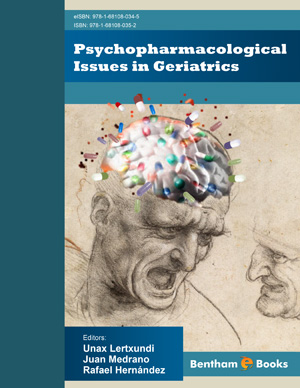Abstract
Problem Domain: The last chapter of this book addresses the practical challenges and
complexities involved in culturally adapting evidence-based psychotherapies to the
cultural setting of Pakistan. One significant challenge is the lack of practical guidance
on how to adapt treatment protocols effectively while considering the cultural nuances
and sensitivities specific to Pakistan. Additionally, there is a notable gap in
comprehensive information regarding the cultural adaptation of specific treatment
protocols, such as Eye Movement Desensitization and Reprocessing and CognitiveBehavioral Therapy, for addressing prevalent mental health issues in Pakistan,
including post-traumatic stress disorder, anxiety, and depression. Moreover, there is
limited research on the efficacy and feasibility of culturally adapted treatment protocols
in real-world settings within the Pakistani context, leaving a gap in understanding the
practical implications and outcomes of these interventions.
Goal of this Chapter: The last chapter of this book aims to provide readers with a
concrete grasp of the complete process of culturally adapting evidence-based
psychotherapies in Pakistan. Through a practical case illustration, this chapter offers
insights into the methods for cultural adaptation of treatment protocols and presents the
results of an experiment on cultural adaptation conducted in Pakistan. The last chapter
has endeavored to address the previously mentioned research gaps by furnishing
readers with a solid understanding of the entire process involved in culturally adapting
evidence-based psychotherapies within the context of Pakistan.
Selling Points and Contributions of this Chapter: This chapter serves as a valuable
resource for practitioners and researchers seeking to enhance the efficacy and cultural
relevance of psychotherapeutic interventions in Pakistan. By offering a practical
demonstration of the cultural adaptation process and presenting experiment results, this
chapter provides actionable insights for improving mental healthcare delivery in the
country. This chapter has augmented the existing body of knowledge in the following
ways:
i) The chapter presents a practical scenario illustrating the complete process of
culturally adapting evidence-based psychotherapies in the cultural setting of Pakistan
by providing readers with a detailed understanding of the adaptation process.
ii) Thorough information is provided on the cultural adaptation of treatment protocols
of Eye Movement Desensitization and Reprocessing and Cognitive-Behavioral
Therapy for addressing Post-Traumatic Stress Disorder, anxiety, and depression in
Pakistan, highlighting the importance of tailoring interventions to meet the cultural
needs of the population.
iii) The chapter unveils the outcomes of a randomized controlled trial conducted on
cultural adaptation in Pakistan, providing valuable insights into the effectiveness and
viability of modified treatment protocols in practical settings. The results of this trial
have yielded significant insights, manifesting in the development of translated
assessment tools like CAPS-5 and culturally adapted trauma-focused psychotherapy
protocols. These customized tools and protocols hold promise for utilization by
subsequent researchers in Pakistan.
Short Results: In summary, this chapter offers a practical demonstration of culturally
adapting evidence-based psychotherapies to the cultural settings of Pakistan by
providing valuable insights into the translation of treatment protocols and their efficacy
in addressing mental health issues prevalent in the country.
















